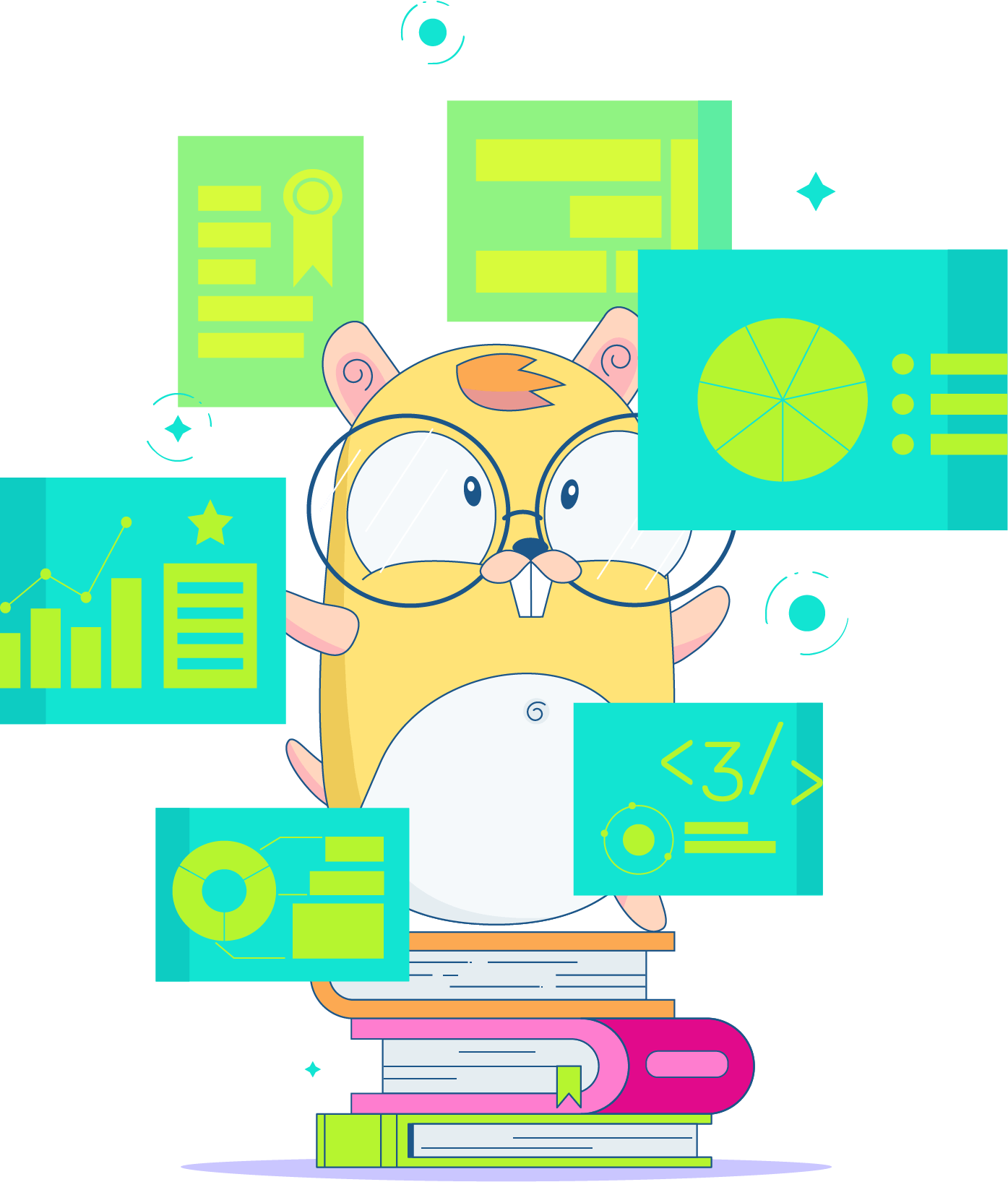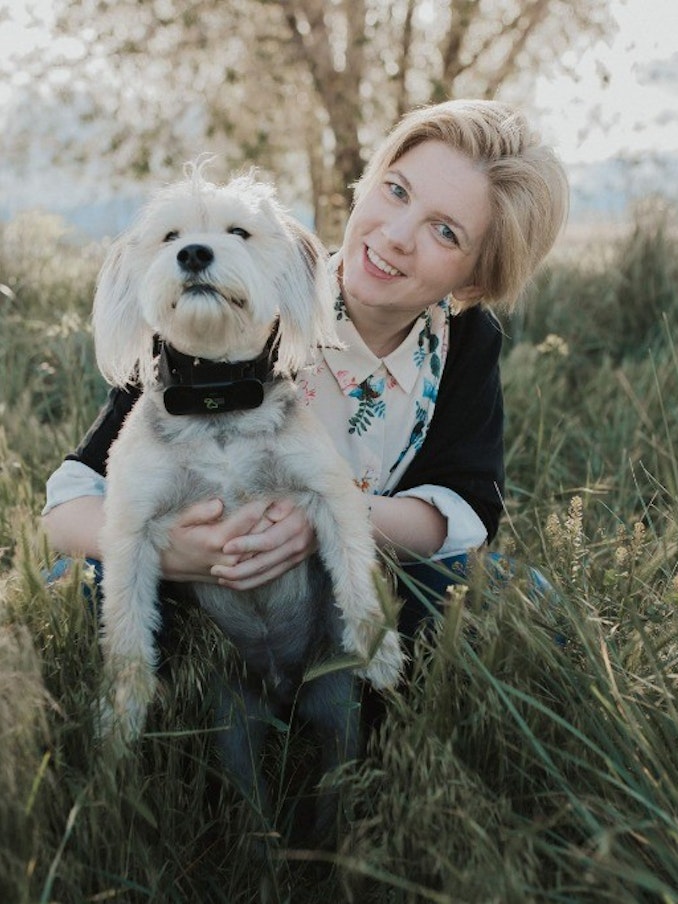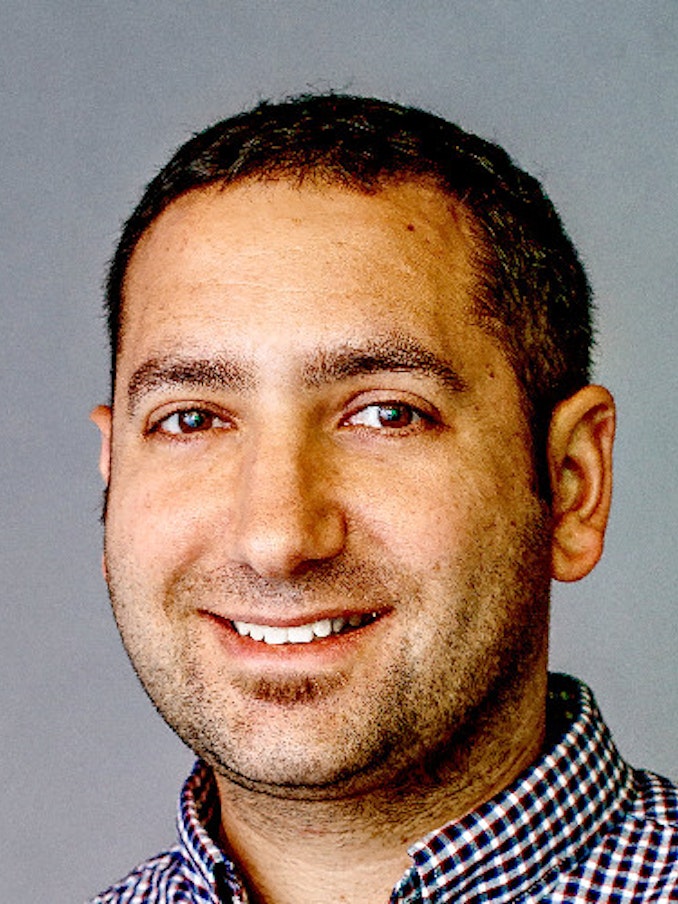March 25th, 2021
Your first Go project: from zero to hero
How do I structure my Go project? If you find yourself asking this question, maybe because you are new to Go, or maybe because you don’t find yourself comfortable with your previous choices, this talk is for you!
April 29th, 2021
Train and deploy TensorFlow models in Go
The final step of the machine learning workflow is the deployment to production. In this phase, we want the trained model to be deployed on a device, but more than often the device has an entirely different runtime environment with respect to the one used during training.
May 13th, 2021
Concurrency primitives of Golang. How to use and how not to.
Every marginally, sophisticated Golang code that I write needs refactoring to solve race and deadlocks. The concurrency primitives like atomic, sync, channels, and waitGroups have their uses and fail. The lack of understanding ends up with a lot of rewrites. This talk aims to solve that.
May 20th, 2021
Go VS Rust - Round table discussion
Starting a new project, which are the most relevant things that make you pick Go or Rust? It is said that Go prefers simplicity and readability over the number of features, while Rust is indeed a powerful, expressive but complex language. Do you agree with this statement? In this discussion panel, four prominent experts will attempt to find answers to these and many other challenging questions.
June 10th, 2021
Beginning with Go part 1
We will see how to develop a small project in Go in complete autonomy. The course will include both a theoretical part and a practical part.
The course will be organised in a small group (max 15 people). The tutor will always be available to answer your questions and solve together the most critical points.
June 11th, 2021
Beginning with Go part 2
We will see how to develop a small project in Go in complete autonomy. The course will include both a theoretical part and a practical part.
The course will be organised in a small group (max 15 people). The tutor will always be available to answer your questions and solve together the most critical points.
June 17th, 2021
Building Go backends with superpowers
Encore is an innovative open source backend framework with superpowers for a radically improved developer experience. Encore lets you create backend services, define APIs, and call APIs all with a single line of Go code. It automatically instruments your application with Distributed Tracing technology for superior observability, generates beautiful API documentation and type-safe API clients for your frontend, simplifies secrets management, and even automates setting up your cloud infrastructure!
July 1st, 2021
Go Profiling from Bottom Up
The Go language ships with many fantastic profiling tools. There is CPU, Heap, Mutex, Block and Goroutine profiling. It also includes the wonderful pprof visualization tool for inspecting the data.
However, using these tools on real world applications can be a challenge because there is a lot of data, yet very little information on what any of it actually means.
September 30th, 2021
Streaming
Panel Baker: a story about building Big-Data pipelines in Go
Baker is an open source Go program and a library, but it’s also a story. A story about programming, friendship, and having fun doing things the best you can, squeezing the code to the last CPU cycle.
Giovanni and Valentino met years ago, within the GCC and Python communities, before the first PyCon Italia. They rarely worked together, until the collaboration between the two companies of which they are now CTOs, respectively Develer and NextRoll, was born.
October 28th, 2021
Advanced Go Course part 1
Go makes it easy to write software in a simple, reliable and efficient way.
Nevertheless, when you have to maintain a critical software component in production and you want to get the maximum performance out of it, you have to know the inner details of the Go runtime and how it interacts with the underlying kernel. In this course, we will explore these topics in great detail, both with theoretical lessons and with live coding sessions. Since the course is aimed at experienced Go developers, we will apply the theory also writing and extending complete and fully working applications.
October 29th, 2021
Advanced Go Course part 2
Go makes it easy to write software in a simple, reliable and efficient way. Nevertheless, when you have to maintain a critical software component in production and you want to get the maximum performance out of it, you have to know the inner details of the Go runtime and how it interacts with the underlying kernel. In this course, we will explore these topics in great detail, both with theoretical lessons and with live coding sessions. Since the course is aimed at experienced Go developers, we will apply the theory also writing and extending complete and fully working applications.












